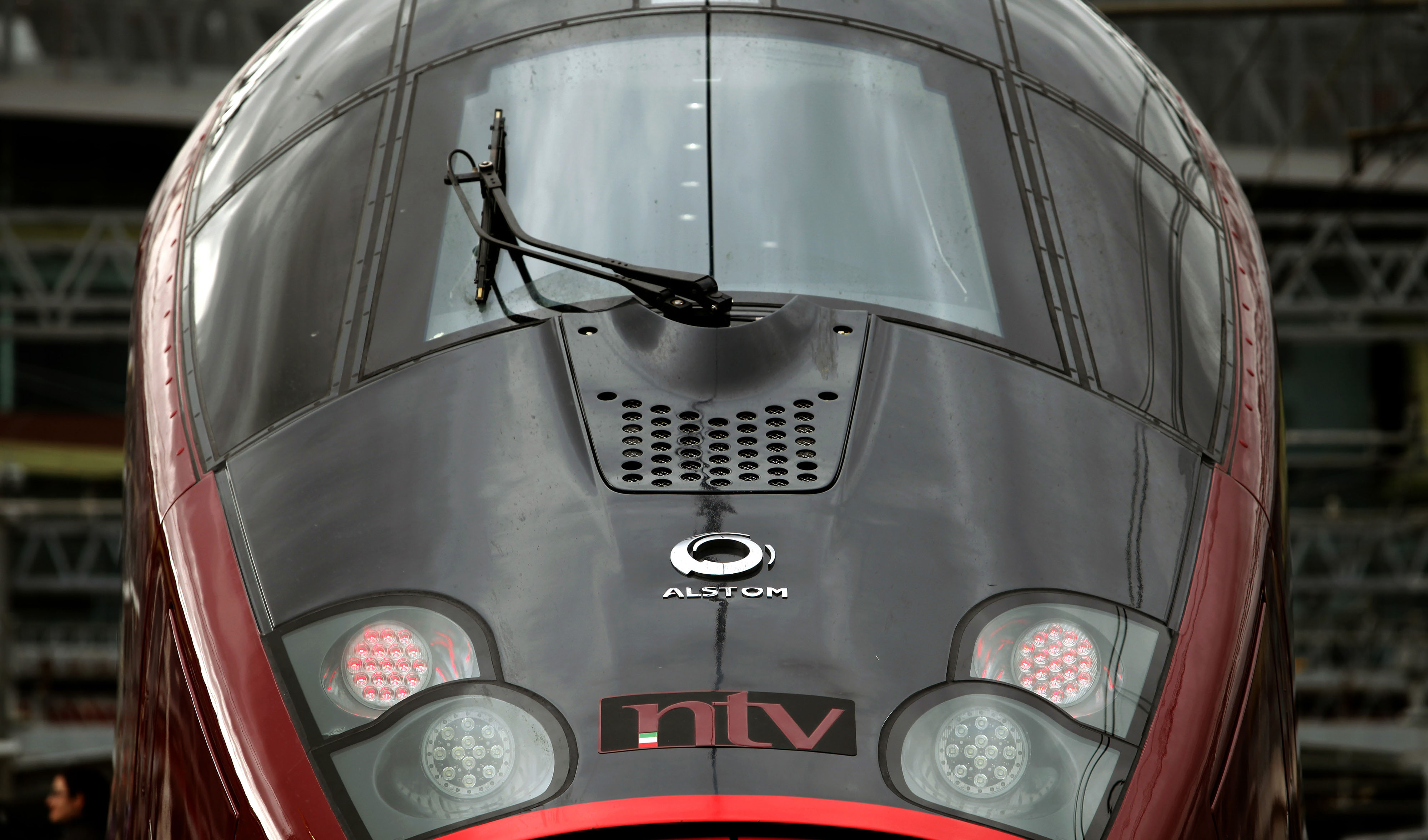In the land where train schedules were once rough estimates and riding a chugging "locale" could feel like traveling by mechanical bull, the hypermodern Italo locomotives aimed to shake up the state-controlled world of Italian rail.
Offering sumptuous leather seats, top-shelf Prosecco wine and a cinema car showing first-run movies, Italo high-speed trains — operated by a Rome-based company whose investors include the chairman of Ferrari — began running in the spring of last year. But even as they whisk passengers from the canals of Venice to the shadow of Mount Vesuvius at speeds around 320 kph, Italo trains have become less a symbol of the future than a cautionary tale of what can happen when the word "competition" comes up in crisis-ravaged Europe.
Italy's rail wars have become a litmus test for efforts to inject dynamism into ailing European economies. For Nuovo Trasporto Viaggiatori (NTV), the company that operates Italo trains, the results so far have been tragicomic, a reminder of how hard it can be to wrest power from state-run companies — a process that economists say is essential to putting the continent on firmer ground.



